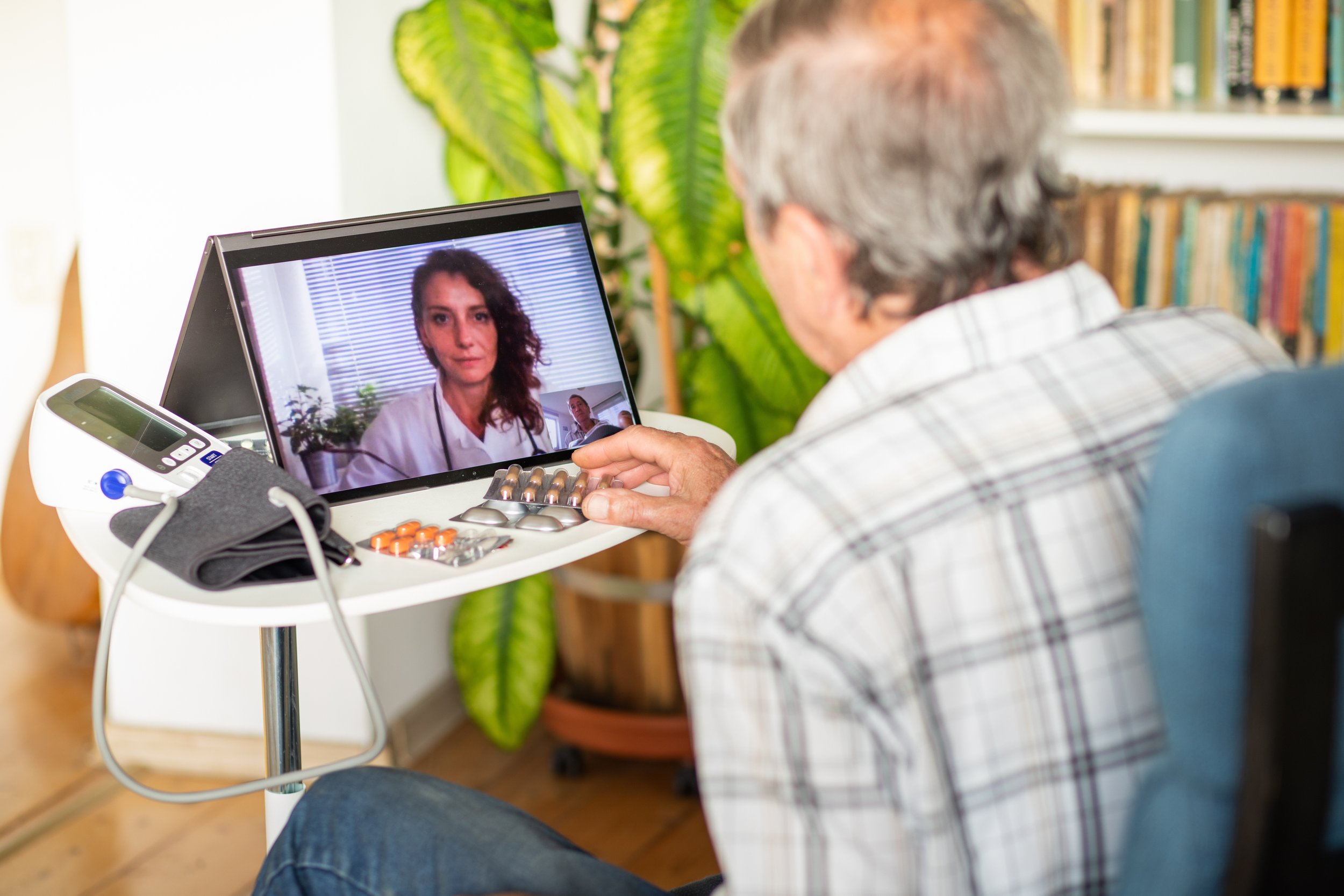In August 2017, new legislation was signed into law that may change the way you view hearing aids and amplification devices. Most individuals are aware that prescription hearing aids can be painfully expensive, often with limited insurance coverage. These aids are personally programmed for your specific hearing loss by an audiologist or hearing specialist. A mold is taken to fit the device perfectly into your ear canal, and the sound is adjusted regularly. The only other option for those struggling to hear, has been to purchase a personal sound amplifier to assist with watching television or other recreational activity.
The new legislation hopes to make quality, hearing devices available to everyone, and introduces an entirely new category of hearing aid entitled, “Over-The-Counter Hearing Helpers.” These devices are regulated by the federal government and will be available for purchase at your local drug store, convenience store, or on-line. What might make the hearing aid market even more confusing for consumers, is that these over-the-counter devices will also be called hearing aids. These new devices haven’t hit the market yet, and it might be a while before you can test them on your own. The FDA has three years to develop rules and regulations for use by the general public.
The new legislation will certainly make hearing devices less expensive and much easier to obtain. So, what are the concerns about this new category of hearing aid? By selling them over-the-counter, the consumer can completely bypass an important hearing assessment with an audiologist or hearing specialist. Hearing aids are complex and personally programmed to the individual’s specific type of hearing loss. Using a pre-programmed device may not be effective and could possibly cause harm. An essential first step with any hearing loss is to consult a medical doctor to determine the type and cause of the loss. The specialist can then recommend the hearing device that would work best for your particular hearing situation.
The new over-the-counter hearing aids may serve as an initial device to help the individual become accustomed to amplifying sound. However, a medical professional should always be consulted when determining what device is most effective to correct your unique hearing loss.
Share This Article



